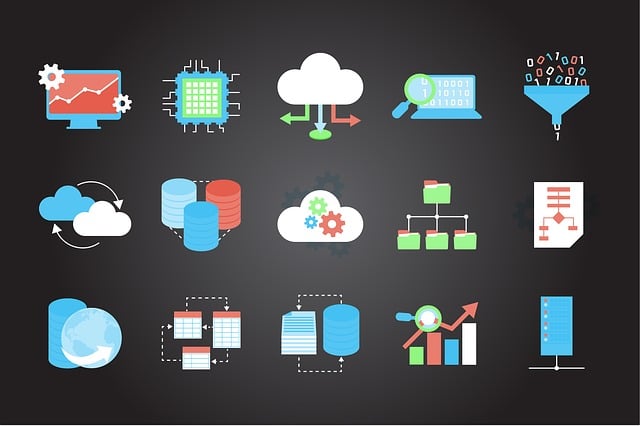Why it is important to choose the right web host for your SMB
When deploying your initial digital footprint, many startups or SMBs make the mistake of assuming all web hosting is the same. You pay a host, design a webpage, and then sit back and enjoy the fruits of your labour, right? Unfortunately, this isn’t how it works. Different web hosts can offer vastly different services, and in turn, garner very different results, so before you simply chose the first option you see, consider what your needs are, and what provider would give you the best web hosting for your small business.
Speed is king
The first and most noticeable difference in web hosting providers that many of us will be able to realise off the bat, is in load speeds. When you go to a website that is hosted by a less than perfect provider, you can often experience slow page loads. A few seconds here and there might not be much of a problem, but when it starts to get to the point where a customer is waiting upwards of 5 seconds for each webpage to load, you run the risk of losing potential customers due to their frustration in waiting so long. It is also worth noting that slow loading websites can also make the customer question the professionality of your company, especially when the vast majority of websites we visit these days load up lightning-fast. Slow, unresponsive websites can make a customer wonder just how safe and secure a website is. After all, if the company can’t be bothered to spend a little money on building a decent website, how much are they spending on their back-end and security? You don’t want your customers to be having these thoughts as they peruse your site. Slow page loads also affect your SEO (search engine optimisation), so it is not only the conversion rate of customers that can be affected but your initial discovery rates also.
Automatic backups
On the subject of security, it is imperative that you take stock of the cyber threats that all small businesses can fall victim to. If you are unlucky enough to become a victim of the cybercriminals, one area that your web host can help you get back on your feet as quickly as possible is with the aid of backups. Some web hosts will make backups of your site and content as part of the package, on a regular basis. This gives you the ability to restore your site from a point that predates a malware infection, allowing your business to be up and running far quicker, and with less disruption than those whose attempts at holding you to ransom would have bargained for. As such, this should be something that any company looking at web hosts should consider deeply.
Managed or unmanaged hosting
When deciding on your hosting, you may also come across the discussion of using either managed or unmanaged hosting. Depending on your needs, one will be a superior option to the other. In simple terms, managed hosting will deal with the backend for you, whereas unmanaged will not. Unmanaged hosting will generally provide you with the servers to host your site upon (at the specs you desire), but leave the implementation of the website to you. All the work is down to you or your IT department, but this does allow for a more customizable experience overall. Managed hosting, on the other hand, will let you get on with the web design elements, and implementing your ideas. While unmanaged hosting does have its good points, most new and small companies will find a managed host to be far easier to deal with at a time when your attention would most likely be better used elsewhere. Most managed hosts will allow you to migrate your site to another host later on, so if your business does blossom into a huge behemoth, you can always get your IT department to move things over at a later date. If, however, you are no stranger to the world of web hosting, unmanaged hosting could very well be the way to go from the very start.
Great customer service makes all the difference
One other area that is often overlooked when choosing a web host, is customer service. A host with great customer service can save you some major headaches should any issues arise at any point (which they inevitably will). From simple design implementation queries, to complex backend issues, a good host will be available to you 24/7, and have a decent record from current customers in the way they deal with their patron’s issues. Customer service is one of those areas where you rarely give it a second thought until you need it, and then it becomes the most important aspect of a service you can think of. Make sure you are covered in this area before that day arrives.
Identify your priorities, and choose accordingly
Other aspects of hosting to consider are things such as bandwidth and traffic limits (you don’t want your site to go offline should it prove to be particularly popular), whether the provider has DDoS protection (should you ever be a victim to such an attack), and where the respective companies servers are located (the closer to your target audience the better).
Choosing a web host is not as complicated as it may initially seem. Once you have identified your priorities, there should be a provider or two that stick out as suitable contenders. With so many options available, it is worth taking your time and finding the right one, after all, finding one that ticks all the boxes should mean that you have no need to do this sort of research ever again.

